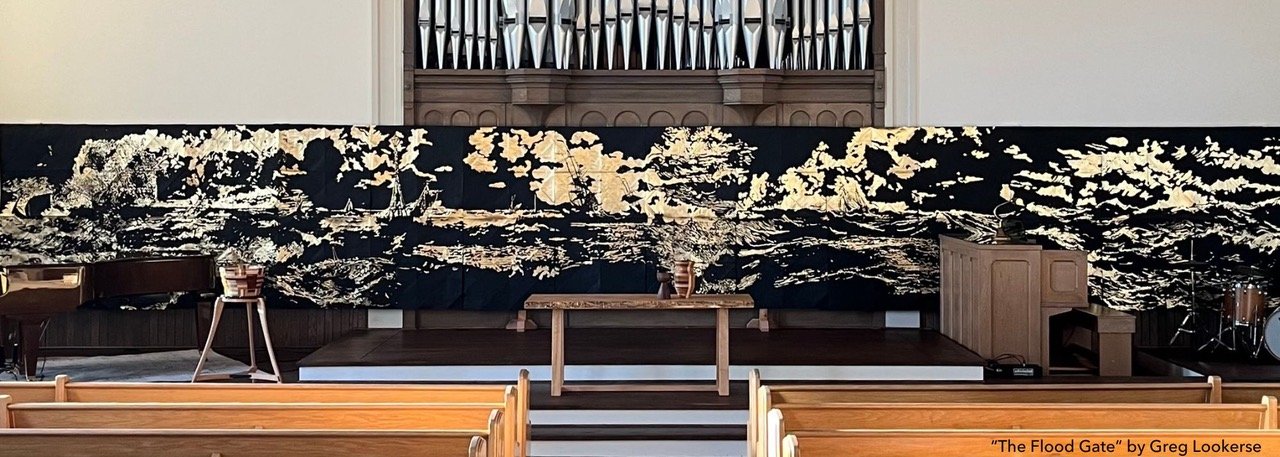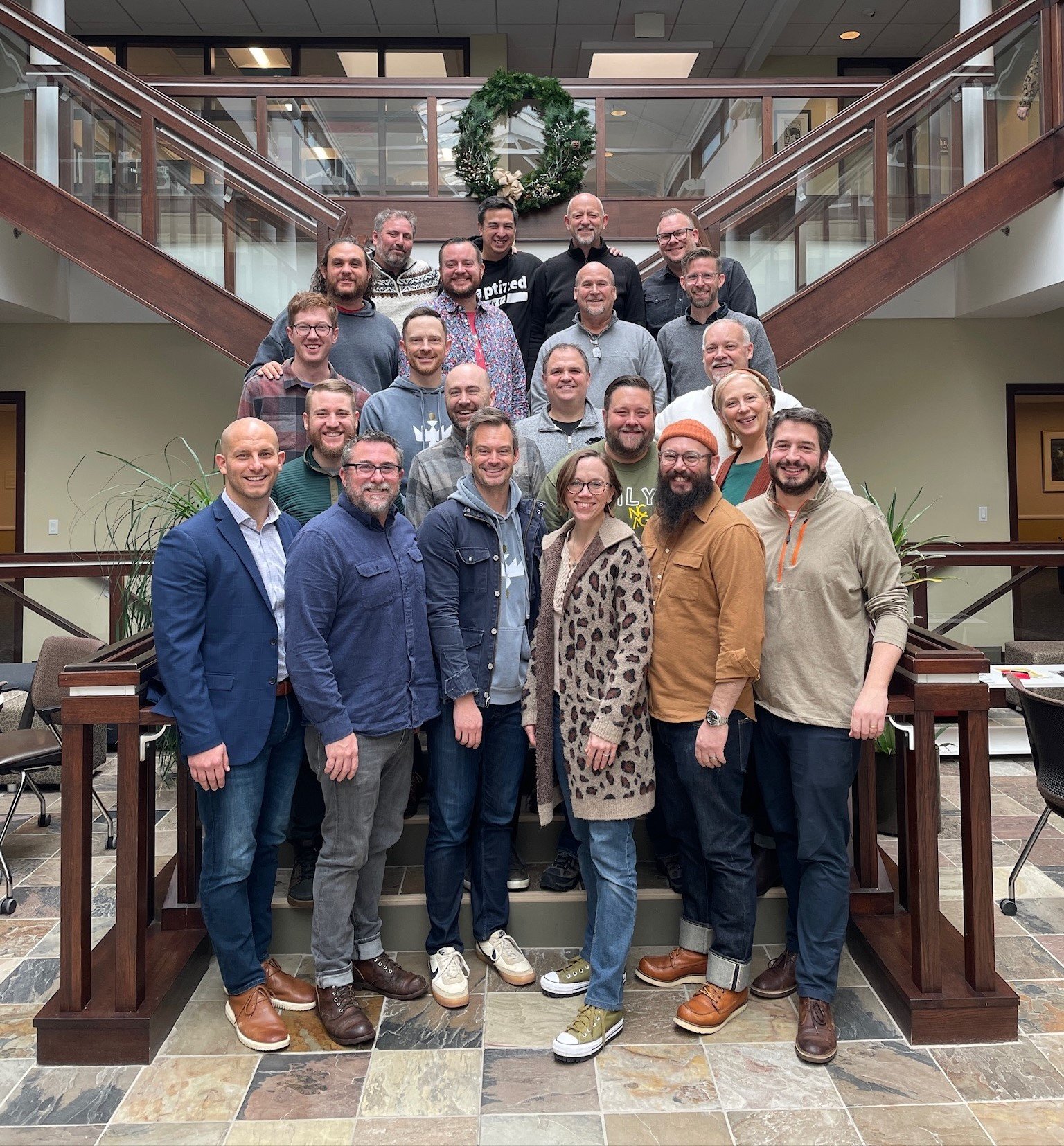"I Don't Want to Miss It"
/Dear WRC,
Anyone else feeling as distracted as I do this time of year? Pulled in 1000 different directions? Over this past week or two it feels like I’ve been getting an extra hundred emails or so a day from companies promising life-changing discounts, invitations to make the most out of the season by adding something else to my calendar, and organizations who can double or triple the impact of my donation. Add onto that the busy schedule, the extra work commitments, and the constant barrage of news and social media, and I’m feeling pulled in every direction at the same time.
And all the while it’s Advent! We’re in a season that’s supposed to be all about waiting and hoping, preparing our hearts and lives for the coming of Jesus. Advent is an invitation to fix our eyes on Jesus from all the places we so desperately need him, remembering that he has come, and fastening all our hope to his coming again. But there’s one thing required for any of that to happen: attention and focus.
It’s Advent, and I don’t want to miss it. I’m feeling distracted and pulled in all these different directions, and I don’t want this season to just slip by. I don’t want to miss the invitation to wait, to attend to my longings, to tune my heart again to Jesus.
I name all of this because I wonder if you’re feeling the same way. While I was trying to figure out how to put all of this into words, I decided to go for a short walk to get some fresh air and a change of scenery. I took a stroll up through the cemetery and found myself recognizing the names on far too many gravestones. With many of those names came a tinge of sadness and pain—a child less than a week old, teenagers who died tragically, a spouse lost to dementia, a death that came unexpectedly, reminders of families that are estranged, and then just the all-too-common weight of grief over loved ones that are gone.
While I walked, I couldn’t help but think of you. You know those stories because they’re literally your stories, and you feel all those emotions far more intimately than me. Which means you also know this: there’s just too much wrong in the world to settle for a season about Cyber-Week Deals. I want Advent, and I think that at the heart of that desire is a much simpler one: I want God. I want Advent because I want God. I don’t want to be distracted in this holy season because it’s exactly the time of year when we remember that even though there is so much that is wrong in this world, so much that isn’t the way it’s supposed to be, God has come and God is coming. I don’t want to be distracted from feelings, because God is coming into precisely those places of grief and pain and longing. I don’t want to be distracted, because God is and will do something about all of it.
It’s Advent, and I don’t want to miss it.
Anyone else?
In Christ,
Pastor Andy


















